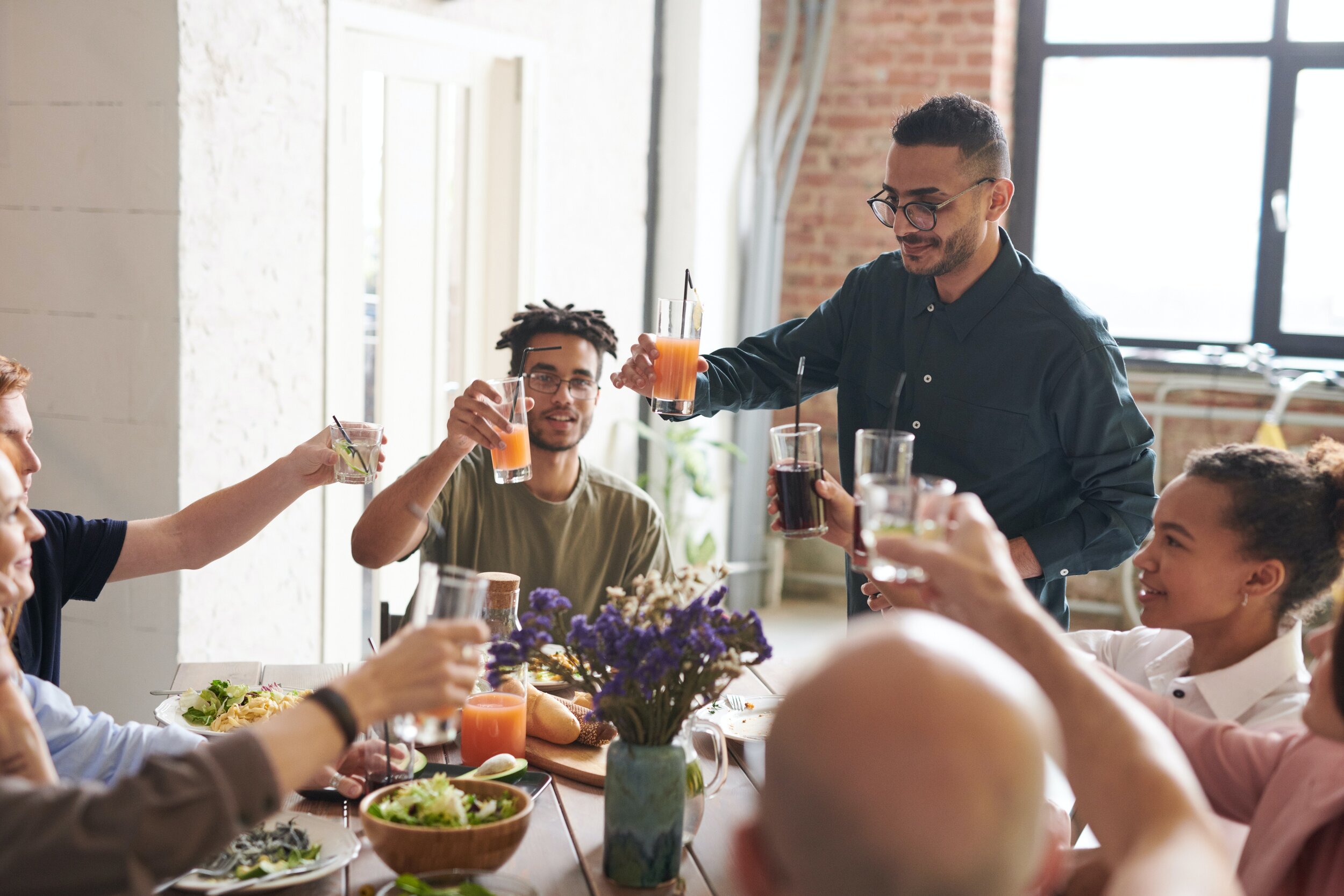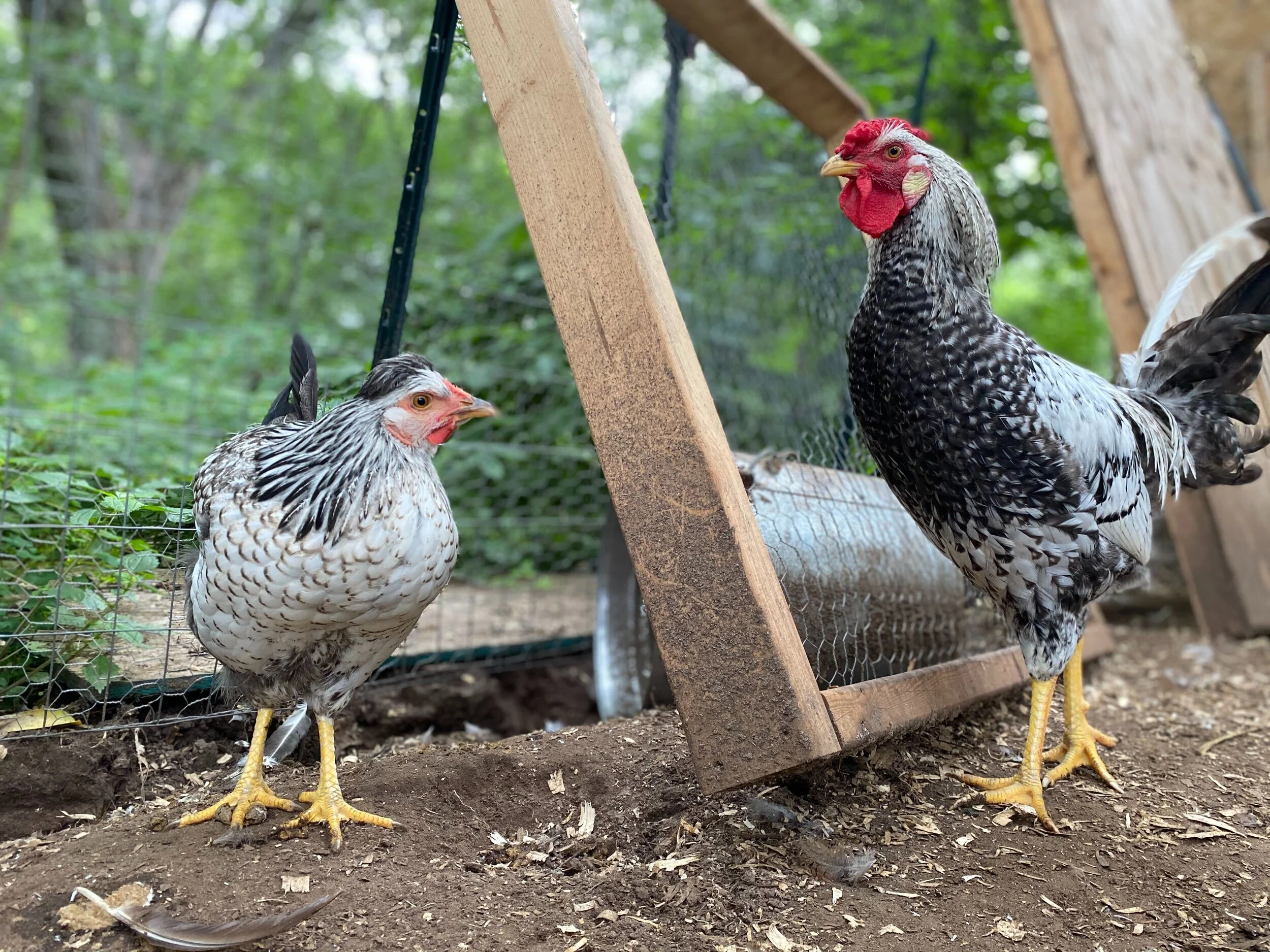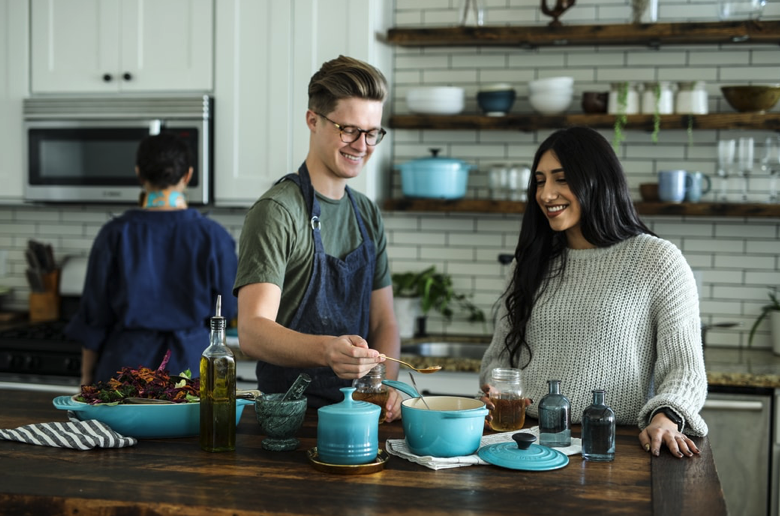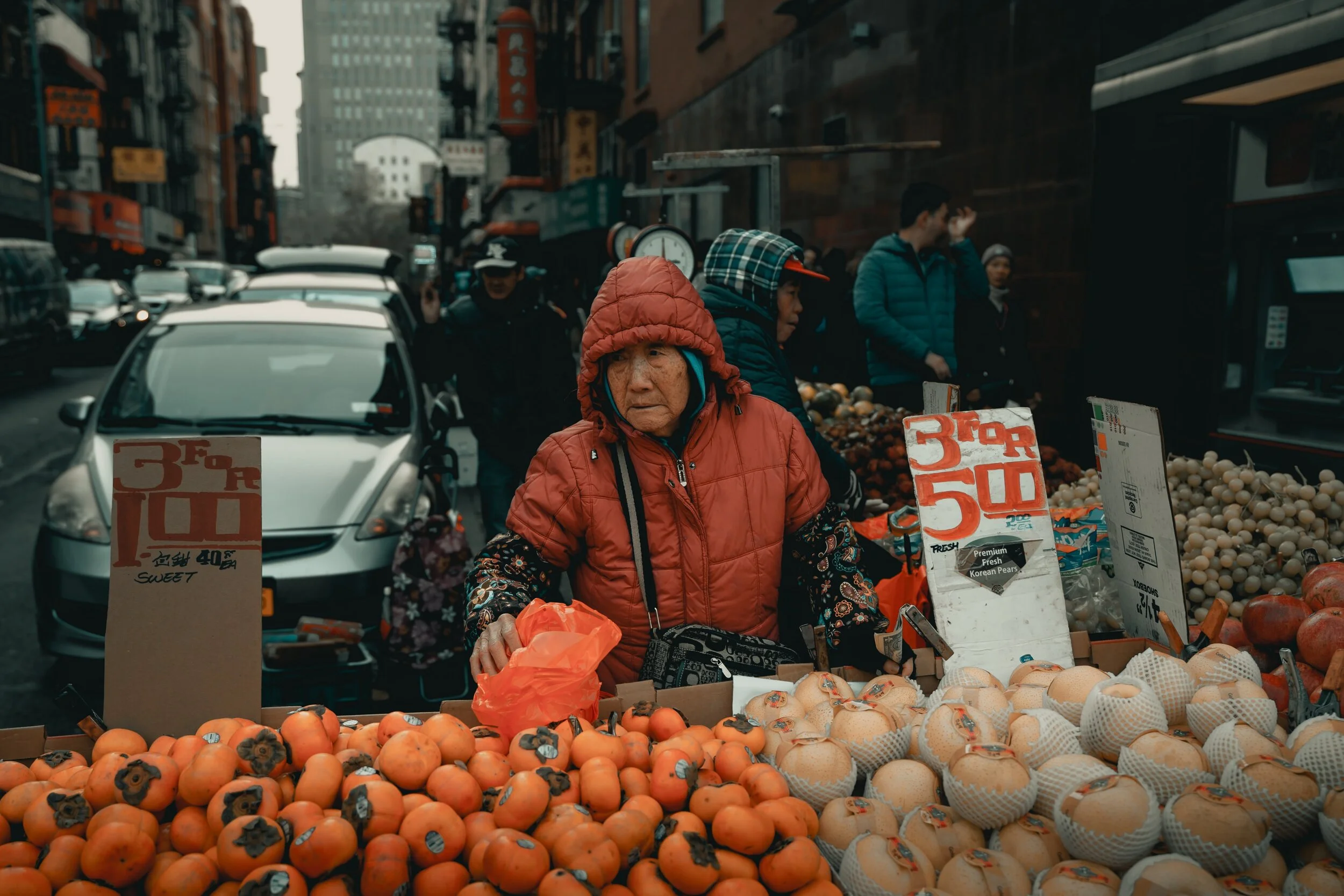Eating together can subvert partisanship, restore trust, and build stronger cities.
Read MoreExtend the "open streets" and sidewalk dining revolution to include a fair shake for the smallest of small entrepreneurs.
Read MoreEating together can subvert partisanship, restore trust, and build stronger cities.
Read MoreRaising poultry allows people to bring their food systems closer to home and build resilience. The problem? Raising chickens is illegal—or regulated into prohibitive expense—in many communities.
Read MoreSan Elizario’s creative “City In a Box” program is spurring entrepreneurship, while also addressing food scarcity and helping the town weather the coronavirus storm.
Read MoreExtend the "open streets" and sidewalk dining revolution to include a fair shake for the smallest of small entrepreneurs.
Read MoreSome ideas—like making sure you have an abundant, resilient food supply—seem old-fashioned or even reactionary…until a crisis hits.
Read MoreLocal food is the easiest and most immediately profitable way for a community to build its resiliency. But the benefits extend far beyond that too.
Read MoreHome chefs in California can now prepare, sell, and serve food prepared in home kitchens—as long as the county gets on board. Here’s why this is a potential game-changer.
Read MoreWith global supply lines disrupted, people are getting “social” again to buy local food. To build lasting resilience, we’re going to need to keep it up.
Read MoreThe coronavirus has revealed just how fragile our industrialized and globalized food system always was. It’s time to strengthen our local food economies. These resources can help.
Read MoreStreets designed to keep people on bikes safe also boost community wealth. And budget-conscious city officials are starting to take notice.
Read MoreFifteen people joined the Strong Towns Movement this week, and our community shared some great resources for people who want to get connected with their local farmers.
Read MoreOur Strong Towns Canada Community Group leads some thoughtful discussion, and we explore Daytona Beach with our Member of the Week.
Read MoreLaws and rules often prohibit the very things that could make our neighborhoods more resilient. Like producing more of our own food — no small consideration during a time of social distancing and fragile supply chains.
Read MoreWhat do the negative price of oil and fields of discarded potatoes have in common? They point to a market increasingly abstracted from reality. Unfortunately, the real-world consequences are anything but abstract.
Read MoreOur first Member of the Week, Karl Fundenberger, tells us about Topeka, Kansas, and some of our advocates get heated about cycling.
Read MoreAs we witness the fragility of centralized food systems amid Covid-19, this LA-based nonprofit has demonstrated how local food systems integrated in their communities have responded to meet the needs of their neighbors.
Read MoreBeg buttons, ordering takeout, and a Strong Towns success story—who could ask for a better week? And you made it happen.
Read MoreA new study shows that car-dependent cities have fewer independent restaurants. This not only makes our places weaker, it makes them less interesting too.
Read More

















